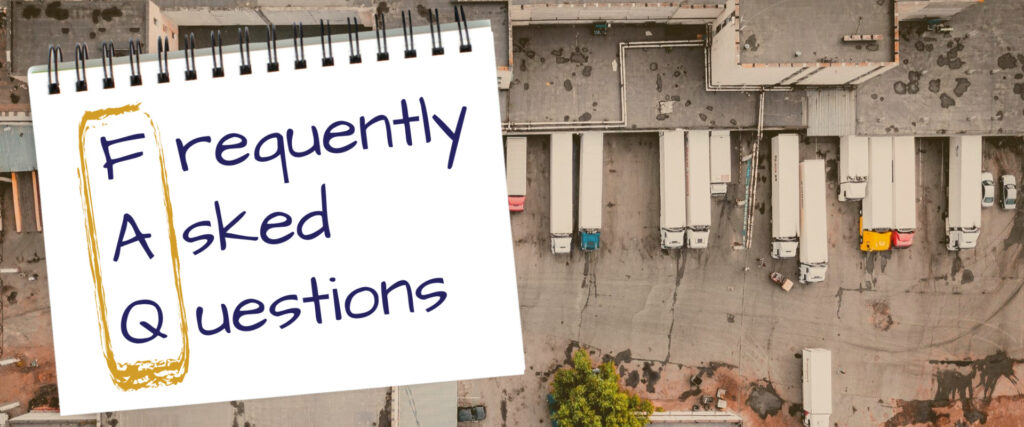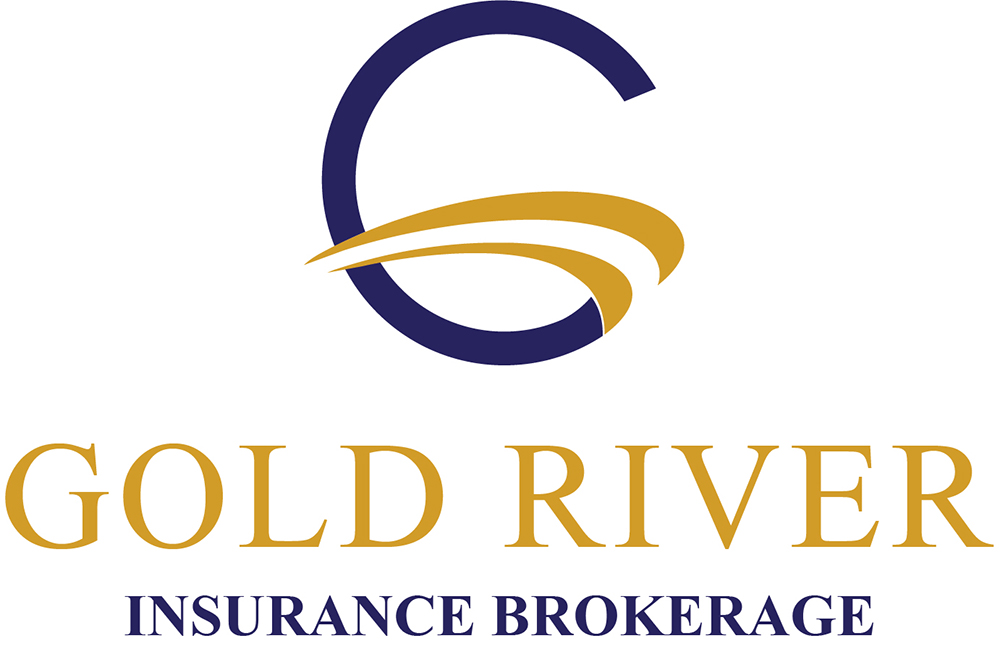Contact Us
Gold River Insurance Brokerage is a full-service independent brokerage in Brooklyn, NY.


Find exactly what you’re looking for.
If you are leased onto another carrier’s authority, the carrier can provide the liability insurance for you, however their policy will typically not cover you while you are not hauling a load for them. For this you will need to have your own bobtail, or Non-Trucking Liability, policy. Most carriers will also not provide physical damage coverage for your vehicle. In the event of an accident, you would need your own Physical Damage Coverage policy in place.
It really depends on the requirements of your supplier. Most suppliers require you to carrier a minimum of $100,000 in Motor Truck Cargo Coverage which typically costs anywhere from _____ to _____ depending on the type of commodity you will be hauling. Ask your supplier for the minimum limit of Cargo Coverage they require you to carry.
You are not required to carry a Commercial Drivers License to drive any vehicle with a Gross Vehicle Weight(GVW) under 26,001 lbs.
The FMCSA requires that you carry a minimum liability coverage of $750,000. However, most shippers require you to carry a minimum of $1,000,000.
If you are driving a Box Truck that does not require a CDL (vehicles under 26,001 lbs) then you do not need to file IFTAs. It’s only after your vehicle surpasses a Gross Vehicle Weight(GVW) of 26,001 lbs that you will need to start filing IFTAs.
You do not need a dually for hotshot trucking. However, most choose to use dually simply because a dually does not require a CDL to haul with.
Yes. If you drive a commercial vehicle, you will need to stop at weigh stations. Typically, if your vehicle weighs 10,000 lbs or more, you will likely need to stop at open weigh stations. However, this can vary from state to state as some states’ maximum wieght requirement can be higher.
According to FMCSA’s Hours of Service Regulations, the maximum amount of time truckers are allowed to drive is 11 hours per day. Depending on speed limits and stops this will lead to a trucker driving anywhere from 600 – 700 miles a day.
You do not necessarily need General Liability coverage. However, many suppliers and freight brokers require you to carry this coverage in order to work with them. On top of meeting requirements, General Liability serves as an additional safety net for your business and will cover bodily injury and property damage to others while not driving or behind the wheel of your truck.
An example would be, if while the commodity you’re hauling is being unloaded and it damages property or injures someone, your General Liability Insurance would kick in and help to cover the damages in the event of a lawsuit.
Non-Trucking Liability Insurance is protection from liability claims while the truck is not being used for business purposes. For instance, if you just finished dropping off loaded trailer and are on your way to pick up another trailer to haul for hire, you would be covered through your Non-Trucking Liability Policy.
Gold River Insurance Brokerage is a full-service independent brokerage in Brooklyn, NY.
